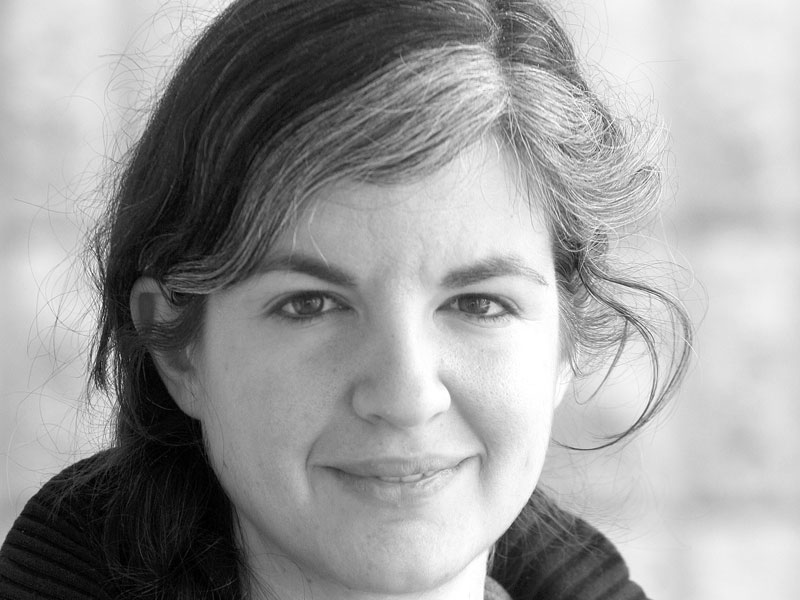Columnists
Never forget

When I was a little girl, I remember hearing stories from the Holocaust. They were gentle, relatively speaking. Not violent or gory. Just the lived experiences of my Jewish relatives as they survived (or didn’t) in a terrifying, confusing time that caused so many to question their understanding of humanity and religion.
I was told, then, that it was important to know these stories. To remember the history, so it would not repeat itself. Never again. Never forget.
The Holocaust museums in Washington and Jerusalem are monuments to that principle, bearing the names, photographs and stories of hundreds of thousands of victims who survived, and those who didn’t.
I learned about the Holocaust in school, too. It was discussed more often than other incidents of extreme human cruelty. More than the genocides in Cambodia, ongoing ethnic conflicts in the Democratic Republic of Congo or Tibet. Those were discussed, too, but not as often.
What I had never learned about in school, never even heard about until I was an adult, was Canada’s residential schools or the 60s Scoop.
Even the First Nations’ history that was taught in school was tenuously truthful. Yes, colonialist settlers took land, made unfair trades, brought disease. But they also gave land back, brought education, and provided indigenous Canadians with special rights.
Right?
Reserve systems began in Canada in the first half of the 17th century by French Catholic settlers who felt that it would be easier to convert their nomadic, heathen neighbours to Catholicism if they stayed put. From then and throughout Canada’s history, it’s been a way to impose values and lifestyles imported from Europe, and to preserve the best and most convenient lands for enterprising settlers by designating wastelands as reserved land.
In fact, the Nazi ghettos my family members were forced into in eastern Europe were inspired by Hitler’s admiration for the reserve system and its efficiency in controlling undesirable populations.
I didn’t learn that in school, either.
When Canada’s Truth and Reconciliation Commission began in 2009, it bore the same importance as any other TRC held around the world. Hearing from survivors, acknowledging and accepting wrongdoing as a government and as a society is an important part of preventing further harm.
Of course, Canada’s industrial and then residential schools, its reserve system and its forced removal of children from their homes is not comparable to actively killing millions in horrifyingly calculated ways. But they are still not actions any reasonable person wants to see repeated.
Last week, the Supreme Court of Canada heard arguments about whether to destroy documents containing testimonies from residential school survivors. Opinions are divided amongst First Nations people. Some fear preserving the documents would effectively be an invasion of privacy.
The Supreme Court will have the unenviable job of deciding what will become of those survivors’ testimonies.
I hope they are preserved, if, at least, names and identifying details can be redacted to protect privacy. Because the stories that were told need to remain, protecting the future against the sins of the past. Never forget.

Comments (0)